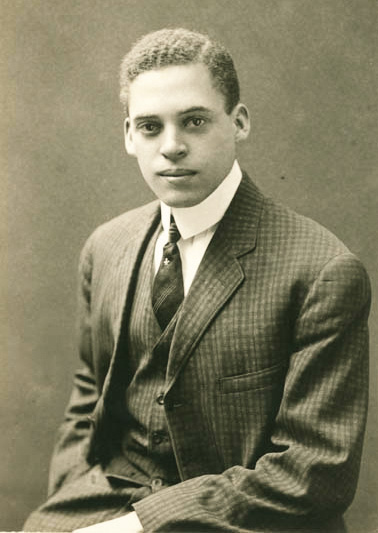
For the Week of August 14-20
August 14
1862—President Abraham Lincoln (for the first time) meets with a group of prominent Blacks to discuss the Civil War and public policy. But before the meeting was over, he would anger those gathered. Although an outspoken opponent of the expansion of slavery, Lincoln suggested that it would be best for America and Blacks if African-Americans were to emigrate to Africa or Central America. Nevertheless, a little over a month later on Sept. 22 he would issue the Emancipation Proclamation technically freeing all slaves in the rebellious Southern states.
1883—Ernest E. Just is born in Charleston, S.C. Just would become one of the nation’s most prominent biologists conducting pioneering research in cell division. He graduated Magna Cum Laude from Dartmouth University in 1907 and would go on to establish the Zoology Department at Howard University in Washington, D.C. Just would die in 1941.
1959—Modern basketball legend Earvin “Magic” Johnson is born on this day in Lansing, Mich.
August 15
1975—In another of those highly publicized “trials of the century,” which frequently grip national attention, 20-year-old Joann Little is found not guilty of murder after she stabbed a White jailer who had entered her cell in Beaufort County, N.C., to sexually assault her. The trial had been moved to Raleigh because of widespread racial prejudice in the Eastern North Carolina area where the incident actually took place.
1979—President Jimmy Carter forces the resignation of United Nations Ambassador Andrew Young after he angered Jewish groups by meeting with representatives of the Palestine Liberation Organization. The resignation created stormy relations between Blacks and the generally uncompromising pro-Israel lobby in the United States.